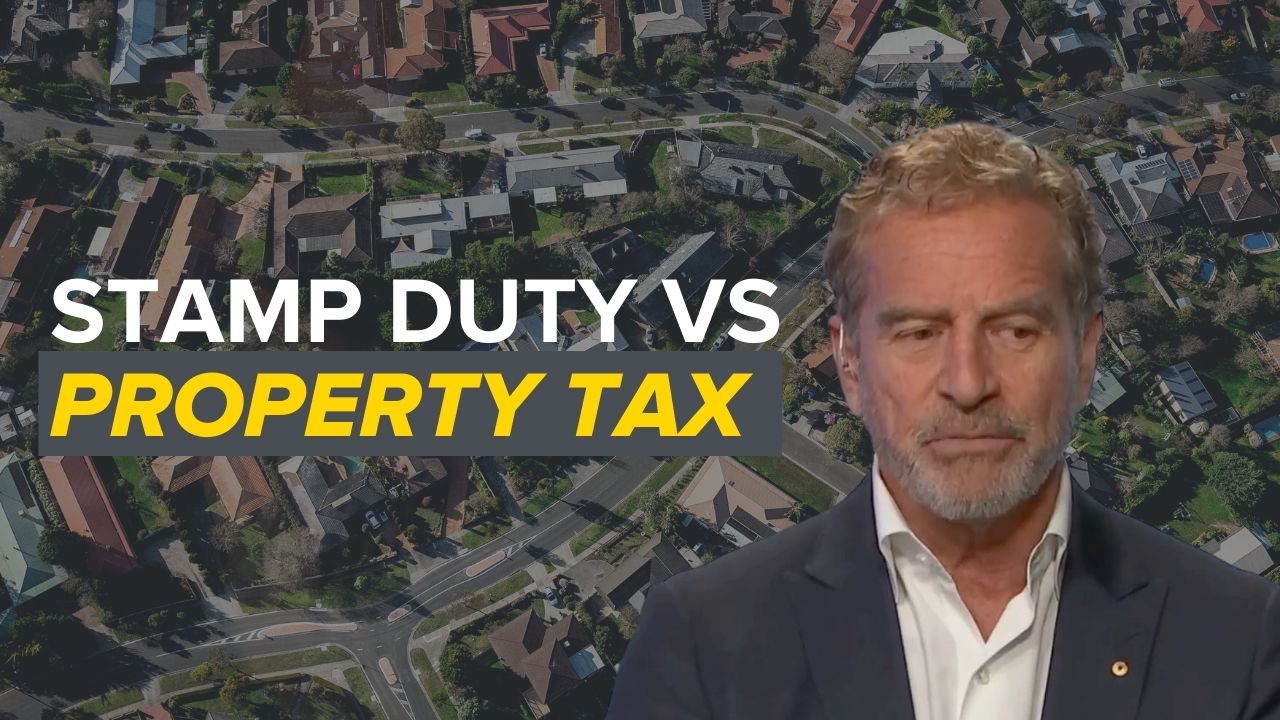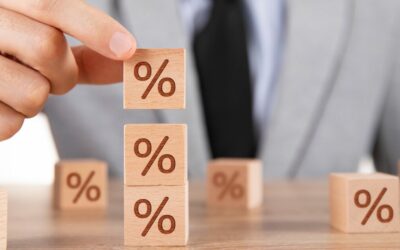In this article:

From January 16, 2023, first home buyers in NSW will be able to choose between paying stamp duty or pay a yearly property tax for properties valued up to $1.5 million.
What does it mean? How does it work? Who is eligible? Let’s get into it.
How the property tax policy works:
The government has said that its new property tax will help first home buyers, by offering them the choice to make an upfront stamp duty payment or opting into an annual property tax.
Firstly, the fact the government has allowed FHB’s to choose between paying stamp duty or the yearly land tax is a positive step, as it allows FHB’s to assess what’s best for their circumstances.
As we will explain, the measure looks like it could be an excellent option for those intending to enter the property market with a strategy to upgrade their home in the short-to-medium term. Paying stamp duty upfront is generally going to be more beneficial for those that are buying to hold the property for a long time. However, there is no hard and fast rule, as you will see in our case study below.
How much does the property tax cost?
Under the newly proposed property tax, the annual tax payments are based on the land value of the purchased property. For the first year of the scheme, the tax rates will be:
- $400 plus 0.3% of land value for properties whose owners live in them.
- $1,500 plus 1.1% of land value for investment properties.
The scheme is capped at first home buyers who purchase a property with a value of up to $1.5 million, and yes there are measures already supporting first home buyers in NSW:
- If you purchase your first property (whether new or existing) in NSW valued at less than $650,000, you can apply for a full exemption from stamp duty, and pay no transfer duty.
- If you purchase your first property (whether new or existing) in NSW valued between $650,000 and $800,000, you can apply for a concessional transfer duty rate. The amount will be based on the value of your home.
Below is a case study which provides a comparison between choosing the new property tax policy over paying stamp duty upfront. A direct comparison is very difficult as stamp duty is levied on the purchase price of the entire property, whereas the land tax is levied on the land value as assessed every three years by the Valuer General in NSW.
The land value component of a property’s overall value varies according to the type of property and nature of improvements. Generally land values appreciate over the long term whereas building and improvements generally depreciate over time.
This means the cost benefit comparison will vary between properties. For example, a $1,000,000 older 3 bedroom house in Sydney’s outer suburbs will have a different land value component than a 2 bedroom unit in an inner ring suburb. So to compare and work out the comparison between the land tax and stamp duty would be a unique calculation for each property.
However, to give you a clear idea of how this will work in practice, we compared two properties the recently sold for similar amounts, so that the stamp duty would be virtually identical for our purposes of comparison:
| Property 1: | Property 2: |
|
A unit sold in Lane Cove on 28 May for $1,280,000. Stamp duty would amount to $55,262. The strata land value is $166,470, so the annual land tax would only start at around $900 per year. This option could be better in this instance. |
A house sold in Berowra Heights earlier this month for $1,260,000. Stamp Duty would amount to $54,162. The land value was assessed at $730,000, so the starting land tax for this property would be $2,600 per year. |
As you can see, very different results according to the property type.
As Mark Bouris recently highlighted on Sky News, “It’s likely that those who purchase an apartment or a unit will be better off than those purchasing a new home, due to property tax being assessed on the value of the land each year.”
Will this impact property prices in NSW?
According to Mr Bouris, it’s unlikely. According to the NSW government: “The property tax option will be available for properties for up to $1.5 million, helping a broader group to become first home buyers. In total, these measures will offer support to about 97 per cent of all first home buyers, or about 55,000 people per year.”
Relative to the rest of the housing market, this is quite a small segment of borrowers, so Mr Bouris says, “I really don’t think it’s going to have an effect [on house prices] whatsoever.”
However, it may have an impact on the amount of money first home buyers can borrow from lenders. If a borrower opts into the property tax option, this will create an on-going, yearly liability that lenders will need to account for.
Mr Bouris made this point through a simple example: If you’re trying to buy your first home for $1.3 million, and you apply to a lender to borrow $1 million. If you opt in to pay for the property tax instead of the stamp duty up front, the lender is going to look at your application and say “You now have an expense every year that you never had before,” said Mr Bouris, pointing out that this means a lender is likely going to reduce your borrowing capacity. In simple terms, Mr Bouris says a lender will like “lend you about 3% less based on what they would consider to be your new expense (i.e. the property tax)” that you will have to pay each year until you sell that property
Mark’s key advice
Mark says that the new policy leaves FHB’s better off than before, simply because it gives them “choice.”
“It’s better than it was before. The property tax is not going to be forced upon you,” says Bouris, “So, I guess the takeaway from all this is, think about what you’re going to do, get someone to give you some advice or some help, and take the choice that suits you most at the time.”
“The bottom line is: get a relationship with a mortgage broker and tell the broker what your current deal is and say to the broker, ‘look if you ever see an opportunity for me to refinance, please contact me.’”
“Get all the hard work to be done by your mortgage broker, because it’s very confusing out there at the moment. There are lenders out there who are offering variable rates, who haven’t adjusted their variable rates after the last RBA rate rise of 0.5% and it looks like a really low rate, but I tell you now, they’re going to adjust it very soon.”
“So you could be out there doing your research as an individual and you could stumble upon what you think is a great rate, and it’s not actually that great. So, talk to a broker, have the broker tap you on the shoulder when it’s time to refinance. They do the hard work, and they like having you in their nursery of people that they’re going to look after in the future.”
If you’re concerned about your borrowing power, or your current home loan, reach out to one of our experienced brokers to discuss your circumstances.



